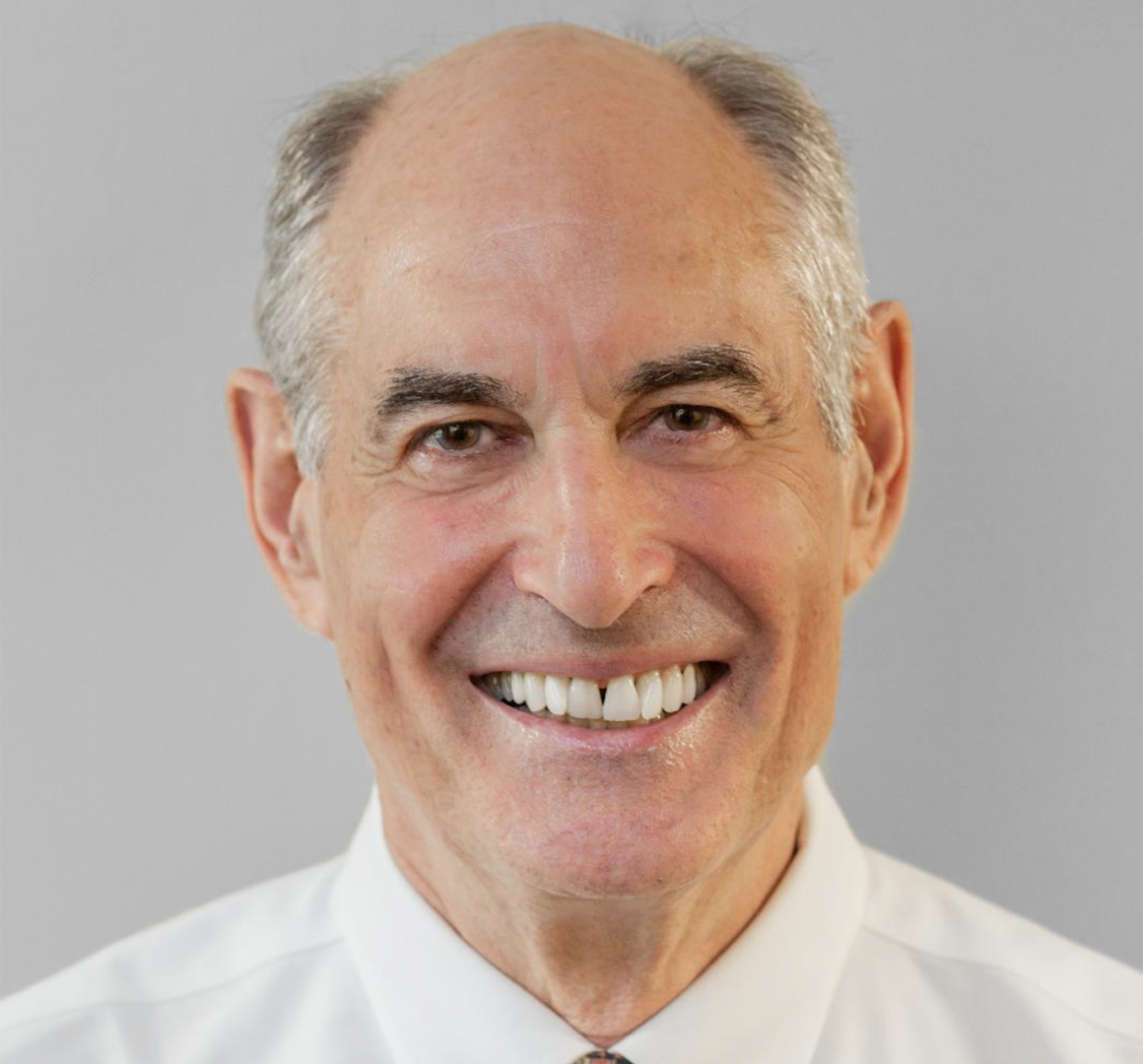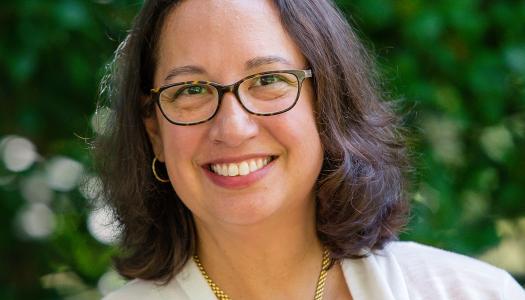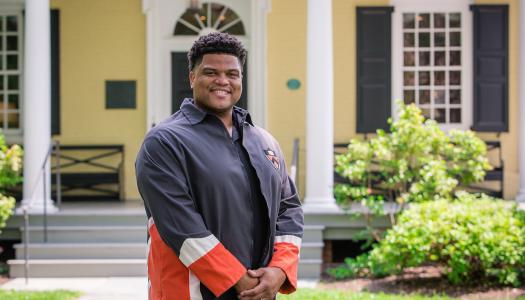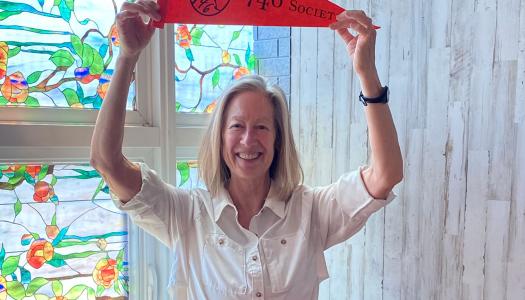Stephen Pevar ’68 leads ACLU effort to protect Georgia prisoners from COVID-19

The COVID-19 virus has penetrated almost every corner of society, but certain environments like county jails are especially vulnerable. Social-distancing is impossible for many prisoners and the guards who work in America’s jails and prisons, but there are precautions that can be implemented to reduce the risk of contagion.
Unfortunately, many jails and prisons have been slow to react, and according to the Marshall Project, a nonpartisan, nonprofit news organization that covers the U.S. criminal justice system, more than 48,000 people in American prisons have tested positive for the illness.
On July 2, the American Civil Liberties Union (ACLU), together with the ACLU of Georgia and the Southern Center for Human Rights (SCHR), sued the Clayton County Jail in Jonesboro, Georgia, in an effort to compel the 1,920-bed facility to take basic steps to protect its prisoners and employees. The suit was filed by Stephen Pevar ’68, a senior staff attorney in the ACLU’s Racial Justice Program and a visiting lecturer in law at Yale Law School, along with attorneys from the two other organizations.
Working with the SCHR, which helped interview more than 40 prisoners in the Clayton County Jail, the ACLU learned prisoners infected with COVID-19 were not being treated and were not being separated from healthy prisoners. Furthermore, according to Pevar, who has worked on the ACLU’s national legal staff since 1976, masks had not been distributed to most prisoners, and meals and medications were being served in a way that made no effort to limit community spread. “They’re doing almost nothing to help and doing a lot of things to hurt,” he said.
The ACLU requested the assistance of three experts to develop COVID-19 mathematical models for jails like Clayton County. One of them is Nina Fefferman ’99, an epidemiologist who is donating her time to issue a report to the court that proposes how authorities can limit the severity of outbreaks in jails and prisons.
“These models help protect incarcerated populations, criminal justice workers, their families and the broader community,” she said. “This is a time when I can help use my expertise in a very practical way to keep people from dying, and I am lucky enough to have the luxury of time and security to be able to do so. It helps me feel I’m working to help create the society in which I want to live.”
According to Pevar, the jail only recently began testing prisoners and staff for COVID-19, and the initial results were dire. “They administered 150 tests,” he said. “Close to one-third — 30 percent — tested positive. And 13 of them were staff. We’re as concerned about them as about our clients; the jail is placing everybody in that facility at risk.”
Many prisons have reacted to COVID-19 by releasing nonviolent offenders and other prisoners who have health issues that make them especially vulnerable. Pevar recommended home arrest for additional prisoners, especially since so many of them are still awaiting trial. “A high percentage of people in jails are simply incarcerated only because they’re poor,” he said. “The county has set a bail, and they can’t meet it. They’re pre-trial; they haven’t even been convicted. Releasing them to home arrest or assisting them in some way to get out of the jail will reduce the population and make it easier for the jail to enforce social distancing.”
But even those who can’t be released should be safeguarded from contracting the virus, Pevar added.
Pevar admitted that the ACLU’s case will be difficult to win, and noted that any lawsuit on behalf of prisoners faces an uphill struggle. But in similar cases he’s worked before, he said filing the suit has made a difference.
“As soon as the jail administration gets a whiff of the fact that they’re targeted, all of a sudden, they start doing more,” Pevar said. “And they continue to do more right after we file. We are actually losing some of these cases, not because they weren’t good cases to begin with, but because jail officials are responding the way they should. So we feel that all of these lawsuits are catalysts for change.”
Pevar has dedicated his professional career to protecting Americans’ constitutional rights. “Dostoevsky famously said that ‘a society should be judged not by how it treats its outstanding citizens but by how it treats its criminals,’” Pevar said. “All of us have a moral and ethical duty to care more about what is happening in our jails and prisons.”


